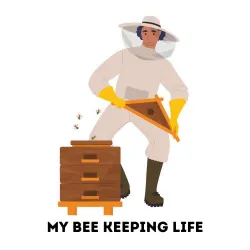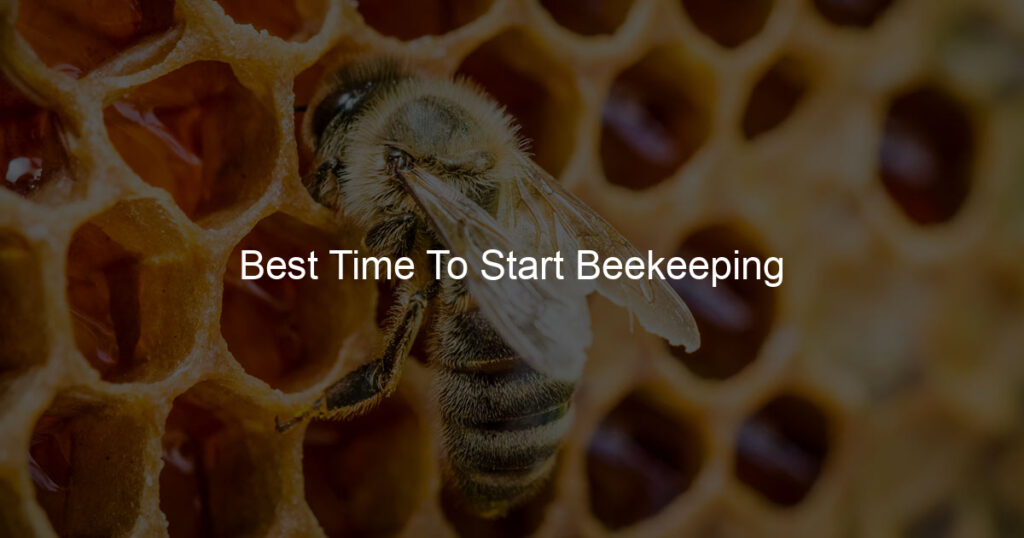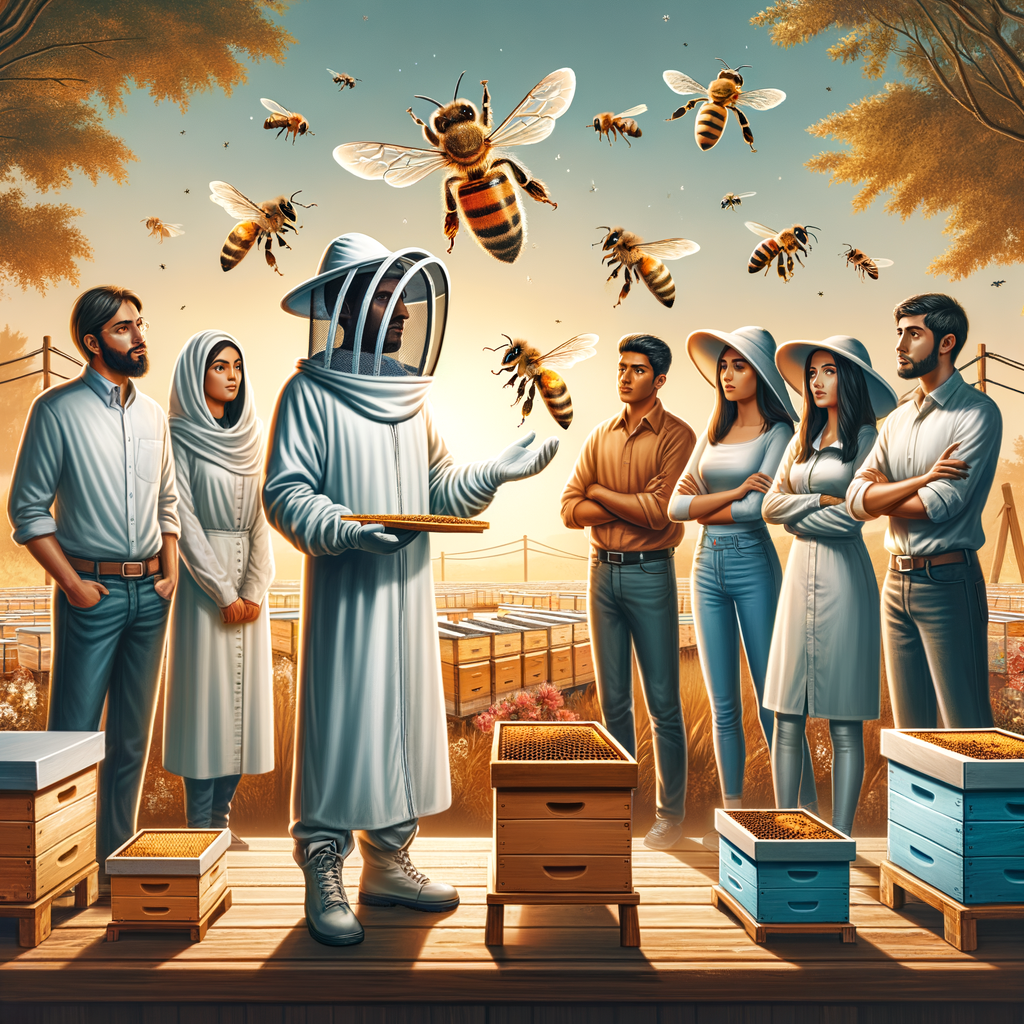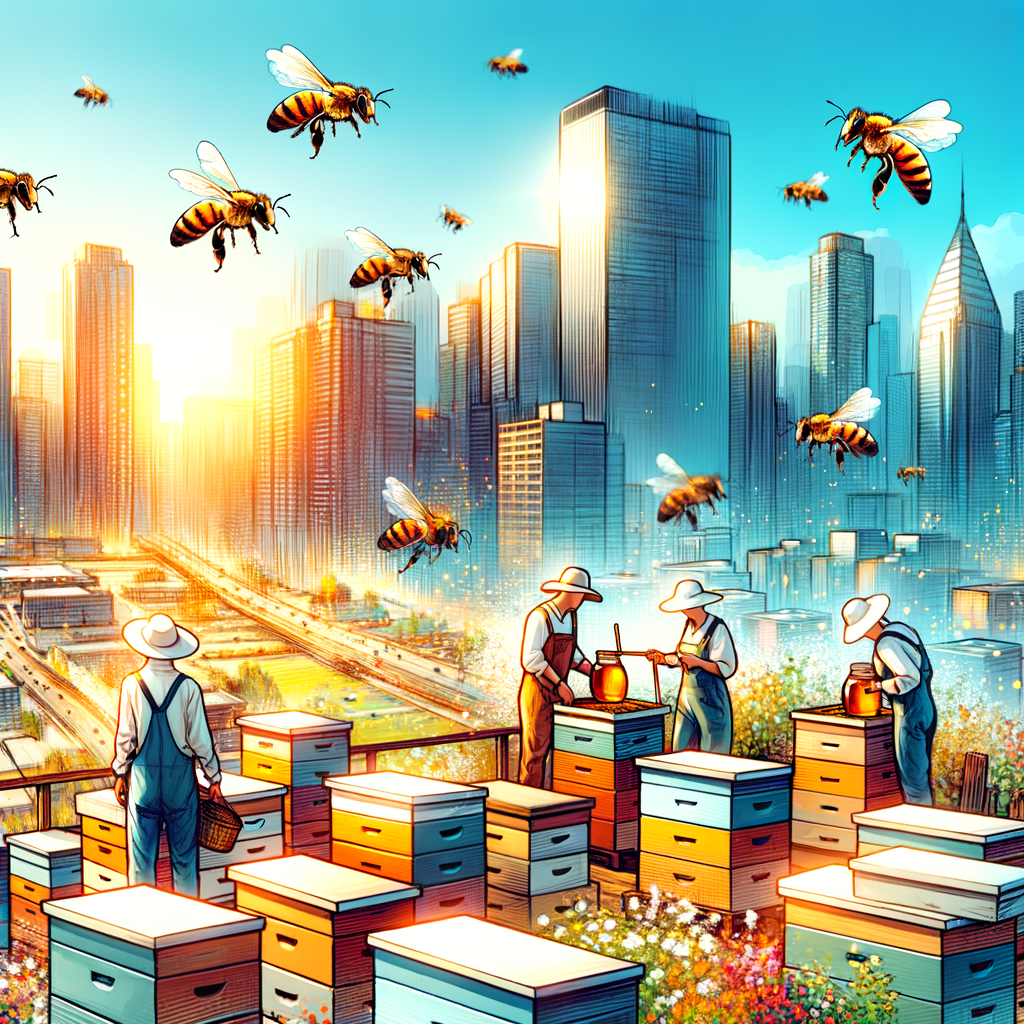If you’re considering taking up beekeeping, or are simply curious about when the best time of year to start is, read on! While there’s no definitive answer, generally speaking, the earlier in the year you start, the better. Here’s why:
Early spring is when many flowers begin to bloom, providing bees with a reliable source of nectar and pollen. This abundance of food helps them build up their populations quickly – something that can be difficult later in the season.
Additionally, starting early gives you a chance to get your bearings before the honey harvest comes around. So if you’re thinking about becoming a beekeeper, don’t wait – now is the perfect time to start!
When should you get bees?
Starting a beekeeping journey is a highly rewarding experience if done right. If you are considering adding bees to your garden or homestead, the most important factor to consider is timing.
Depending on where you live, the best time to introduce bees will depend: in warmer climates installing beehives in late fall or early winter is ideal, while in colder climates should be looking at late April through mid-June as the optimal times for introductions.
Being mindful of the proper timing when getting bees can help ensure that those new beehives will have enough food and ample temperature regulation. This then helps bees to settle in their new environment and bloom in the upcoming season!
When should you start a new bee hive?
Starting a new bee hive is a thrilling experience, but it’s important to ensure that the thermosphere conditions are just right.
Spring is usually the best time to start a new beehive as the chances of success increase significantly when you’re able to provide your bees with longer days and more nectar available for food. Plus, starting in spring gives the bees ample time to build up food stores before winter arrives.
Before you begin, it’s also important to make sure that you have appropriate resources and understand the commitments required so your hive will thrive. Doing some research into proper hive care can help ensure that everything runs smoothly once your new hive is up and running!
When should I start raising queen bees?
Starting to raise queen bees can be an exciting journey for beginner beekeepers, but should be approached with caution. When first starting, it is important to get good quality queens that are healthy and strong to build your population.
Beginning in the fall is usually the best time of year due to the increase in food stores and longer hours of sunlight. A good rule of thumb is to start with two new queens being introduced in the colony, allowing an ample amount of time for her eggs to mature and hatch before winter arrives.
If a new hive has not been built yet, incorporate elements such as climate control features and ventilation when creating it, which will contribute greatly to replacing existing queen bees or supplementing a struggling colony. With patience, dedication, and proper planning anyone can become successful at raising their queen bees!
What is the best climate for beekeeping?
Beekeeping can be done in most climates if taken the necessary preparations, but the ideal climate for beekeeping will depend on the type of bees.
Many temperate honeybee species prefer more moderate and moist climates, where daily temperatures may vary widely over seasons. Warmer climates are also a good option for areas with mild degrees of humidity, however hot and dry regions can present challenges.
For tropical honeybees, established colonies can thrive in hotter conditions than those suitable for temperate bees. In addition to just temperature and moisture, it is important to consider other factors like the availability of food sources and possible predators in selecting a climate for beekeeping.
How many bees should I start with?
When starting to get into beekeeping, one of the biggest questions is how many bees should you begin with? A good rule of thumb for newcomers is two hives.
That way, if something goes wrong with one hive, such as an unexpected decrease in population due to a pest or disease, there’s still one colony that can help fill losses. Two colonies also help prevent swarming, which is when a hive divides itself due to overcrowding and producing too many queens – this lessens honey production and can deplete your stock by up to 50%.
Having two hives makes it easier to keep track of their progress and predict their needs throughout the season. Lastly, remember that if you decide to start small but eventually want more hives – chances are many other beekeepers are willing to share or even sell their resources!
To Sum it Up!
As we’ve discussed in this post, beekeeping is a rewarding and enjoyable hobby, and there’s no better time to start than now. Though it can certainly be difficult at times, the benefits—from having access to delicious honey to helping protect the environment —make it well worth any effort you put in.
To give yourself the best chance of success as a beekeeper, make sure you select high-quality equipment, keep your hive well-maintained, and take measures to protect your bees from disease.
Finally, remember that any experienced beekeepers you know can offer helpful advice on anything from proper hive location to pest control. With all these tips in tow and a little dedication, you’ll be buzzing off into beekeeping glory!








